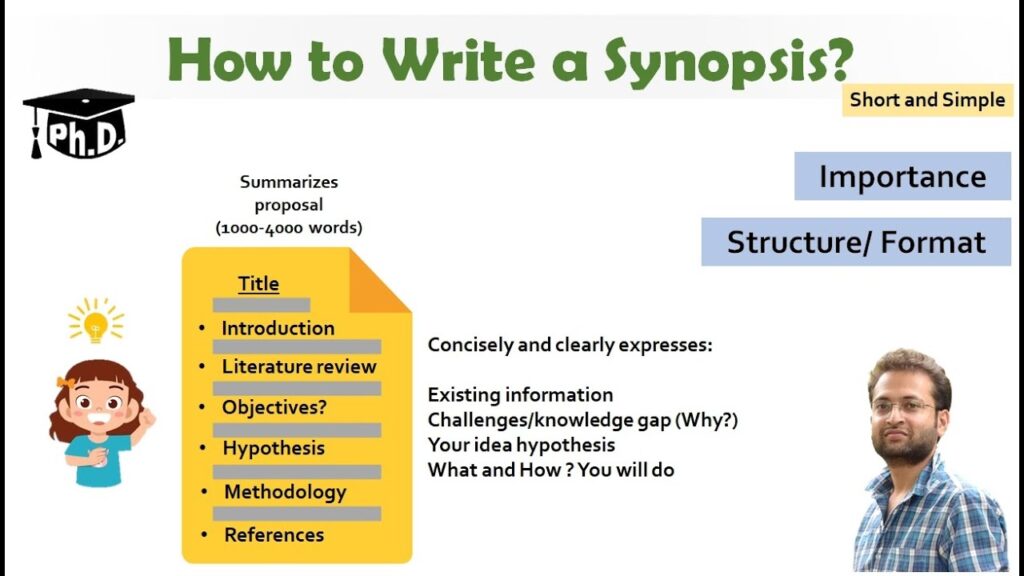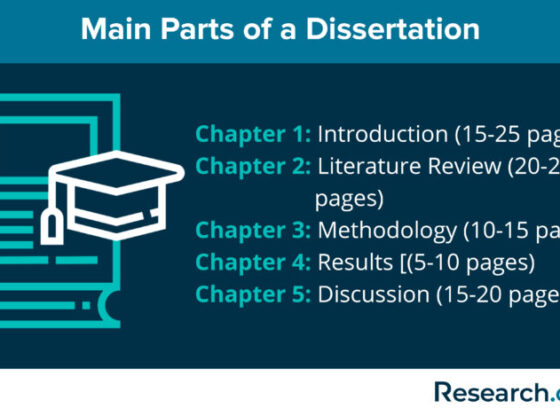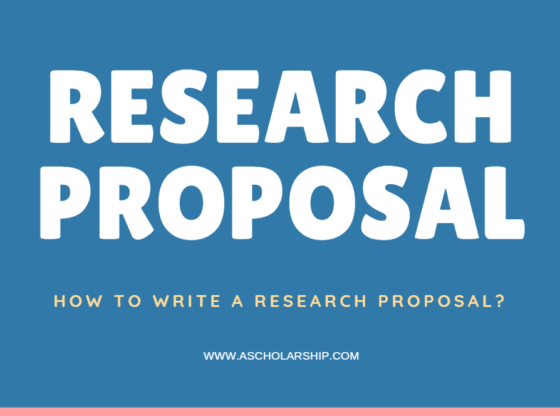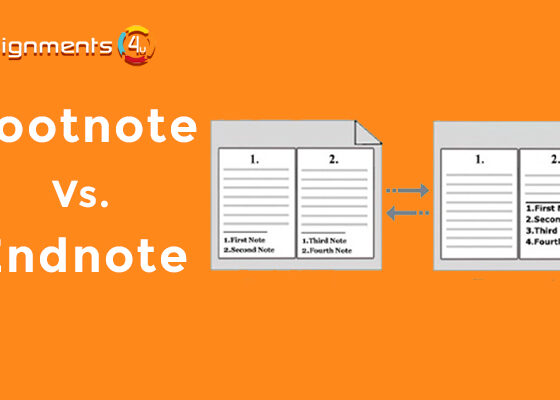Everything You Need to Know About How to Write a PhD Synopsis
PhD scholars have increased a lot almost everywhere, with the aspirations of many to go for academic research activities in their respective interest areas. A lot of people across the globe are trying to achieve this degree, as it paves the way for outstanding academic success in their lives. Many students do it out of passion, while others do it for their careers. Completing this degree is impossible without writing a synopsis. It would help if you remained abreast of the PhD synopsis writing techniques. If you want to know how to write a PhD synopsis, then this blog post is useful for you.
That is why people always prefer experts for synopsis writing solutions to make the best of what they aspire for and achieve success. In most cases, whether it is literature or a thesis, aspiring PhD candidates need to be aware of “how to write a PhD synopsis.”. We have you covered in this blog if you are looking for the best format to write down your PhD synopsis. Some of our popular services include research proposal writing help, thesis writing help, dissertation writing help, literature review writing help, etc.
Read on to learn more about every section!

These sections will provide you with guidelines for writing a PhD synopsis. If you want to write a PhD synopsis, then go through each point elaborately. These will help you How to Write a PhD Synopsis perfectly.
The Title Page
The first printed page of the synopsis needs to be the title page. This page must contain the submission statement. The page must include the name of the candidate, the registration number if allotted, and the names of the potential supervisor and co-supervisor. Also, it must have the department’s name, institute name, and submission year.
Table of Contents:
Decorate your table of contents elaborately if you want perfect guidelines for the preparation of the synopsis for the PhD thesis. It is the page where you will need to enlist all the headings of the sections and the sub-sections by using decimal notation, like in the test, with the respective page numbers beside them on the right.
Chapters:
You need to present the synopsis in a single chapter. But you may divide it into relevant sections subdivided into sub-sections and sub-sub-sections for submitting the content discretely with due emphasis. It would help if you placed the figures and tables in the correct places. The indicative sections are discussed below:
Introduction or Background: Here, briefly introduce the subject in a few pages. However, you must not lift it from the source. You need to make your arguments and consider an analytical introduction to place the problem under investigation in perspective.
Review: It will take hardly three to five pages, or as per your needs. It is a survey of juristic writings on the selected topic. You must consult literature books, articles, cases, databases, monographs, and reports. Discuss general developments in the field and noteworthy contributions, and connect and position your proposed study subject in the literature review to highlight its relevance.
Objectives: You need to state the measurable objectives of the research you want to undertake. Write objectives carefully if you want to know how to write a synopsis for a PhD.
Variables or Parameters of the Study: You must have done many things to complete your research. You will need to mention all the parameters and variables of the study.
Operational Definitions: You need to describe your doings in terms of the processes, actions, and things you have measured and observed.
Assumptions Made: You need to make crisp statements for every objective. You need to entail not more than two variables describing the presumed relationship or influence of each other.
The Technique Used: You must have used or planned to use many techniques for your PhD research. It would help if you mentioned all the strategies and techniques you have used or planning to use.
Sampling Technique: It primarily applies to non-doctrinal studies. You need to mention the sampling method you have used. Alternatively, you need to choose the correct procedure for doctrinal research.
Tools to Collect the Data: Every research type needs some data, whether non-doctrinal or doctrinal. You need to mention the nature and sources of data you have collected and used in the report or seeking to collect for your PhD programme. It may include primary data collection, like the universe of the study, sampling design, tools, techniques, and statistical consideration. It may consist of secondary data collection like library reports, resources, Internet resources, case judgments or law, case studies, meta-analysis, document analysis, or content analysis.
Validation Processes: In this section, you will have to mention all the validation procedures you have followed or implemented in your thesis or research.
Experimentations: If you have tried out any experiments, you must also mention them.
Tools for Statistical Techniques: If you have used any statistics, you must mention the tools you used in your research.
Discussions or Findings: In this section, you will only need to include the data interpretation and analysis planning conducted by you.
Implications or Suggestions: If you have any recommendations for the reader, you need to mention them.
Conclusions: By now, you have done a lot to create the best PhD synopsis format. It is almost the last stage, where you must tie all the strings together to conclude your project.
Tentative Structure of Dissertation: It will consist of a brief description of the chapters you have written in the thesis or research paper. Go through the points discussed above to learn how to format a PhD synopsis.
References
The candidates must follow the subject area’s style and the style of citation consistently throughout the research project. However, the name of every author, along with all their initials and the full title of the book, monogram, article, etc., needs to be provided along with the publisher or journal, number, volume, page(s), and the publication year in referencing citations. To do better justice, you must also remain abreast of the differences between endnotes and footnotes.
If you have done citations from websites, you need to include the name(s) of the author(s), the full name of the article, the website reference, and when it was last accessed. We also know how to use in-text citations.
Conclusion: How to Write a PhD Synopsis
A synopsis is an integral part of your PhD research paper. You need to put in your best efforts to ensure your candidacy gets considered. Also, focus on writing clearly and keep things compact and focused if you want to learn How to Write a PhD Synopsis. For example, refer to the guidelines for a PhD programme by the University of Cambridge for aspiring students on how they should plan and prepare for a complete research proposal to become future researchers. Your query for “How to Write a Synopsis for Your Research” is finished here.
Make people understand what you want to convey, and make sure that the reader understands the thesis from your point of view. It is from there that your journey to success begins. How do I write a synopsis for a PhD thesis?
Frequently Asked Questions (FAQs) About How to Write a PhD Synopsis:
Q. How do I write the best synopsis for my PhD research?
A. First, you need to know the perfect PhD synopsis format before jumping into the question of How to Write a PhD Synopsis. You need to know your objective and what you want to learn from your project. Based on this, you will need to take action and prepare a stunning PhD research project.
Q. Where can I find the best guidelines to write my PhD synopsis?
A. A lot of samples are available online. They come with the correct guidelines for writing a PhD synopsis. Follow that or have a formal conversation with your professors and teachers right away to get the best advice. We at SEO Content India can also be of your support.
Q. How long does my PhD synopsis need to be?
A. The length of a PhD synopsis needs to be within a thousand to four thousand words, including the necessary tables and figures. However, it would help if you wrote as much as the subject demands.
Q. What are the main components that any book synopsis needs to have?
A. The key elements that a book synopsis must have are the book’s premise, an overview of the main plot, an introduction to the central characters, an outline of the major subplots, and an understanding of the book’s appeal.
Q. What are the tips for writing a compelling synopsis?
A. You need to write a synopsis from a third-person perspective. Keep things short and use the present tense. You need to state the category and reveal everything. The best you can do is convey your voice to the readers. In short, showcase what you want to say.
Q. What is a synopsis all about?
A. A synopsis refers to a summary that gives the readers an overview of the main topics. From a theoretical point of view, it is a summary of a text (a report, book, journal article, etc.). However, in some cases, you may need to write a synopsis of a film, talk, or any other type of presentation. Likewise, a PhD synopsis is a snapshot of the proposed research topic.
Q. What are the main objectives of a PhD synopsis?
A. A synopsis is a motivation for the choice of the subject. In short, why do you think it is an exciting or interesting subject, and how can the paper offer new knowledge? A synopsis is the outline of the paper’s topic and a literary description that you want to relate. Precisely, it is a preliminary thesis statement.
Q. Where is synopsis usually used?
A. The synopsis is used in PhD research papers. But apart from that, it is used in the field of publishing as well. A synopsis may also serve as the proposal for a book or an article. In feature writing or non-fiction, a synopsis may refer to a compact summary of a polemic event or argument. You may even find a synopsis included in a report or review. Screenwriters, novelists, and even TV writers make use of synopsis.
Q. What are the best tips for making a perfect synopsis?
A. A good synopsis must contain a narrative arc, an active voice, a unique point of view, story advancement, and clear writing. A good synopsis always successfully conveys the message it needs to all the readers out there.
Q. What are the things not to do while crafting a synopsis?
A. You must include only a little detail about plot turns and twists. There is no need for an unnecessary explanation, description, or component. Avoid editorializing your book novel or even your PhD research topic. All you need to do is focus on summarizing the book or novel and/or precisely explaining your proposed PhD topic.
Q. Should I hire someone professional for my synopsis?
A. If you are doing your PhD program, you must already have adequate skills and knowledge to handle things independently. However, if you focus on other vital things or lack time for your PhD synopsis, you may hire a professional to get the job done. But the best is to communicate with your professors before making a sudden decision.
Q. Is writing a synopsis essential?
A. Almost every PhD program nowadays needs your synopsis. Also, it is much easier to write. And there is no point in avoiding it. You can even get assistance from expert academic writing agencies for the best possible solutions. Now you know how to write a PhD synopsis.
Some related posts:












